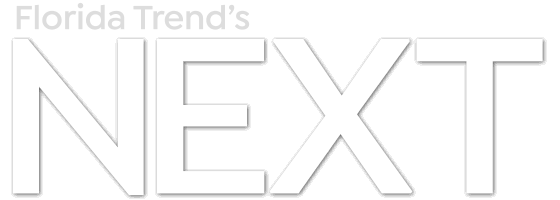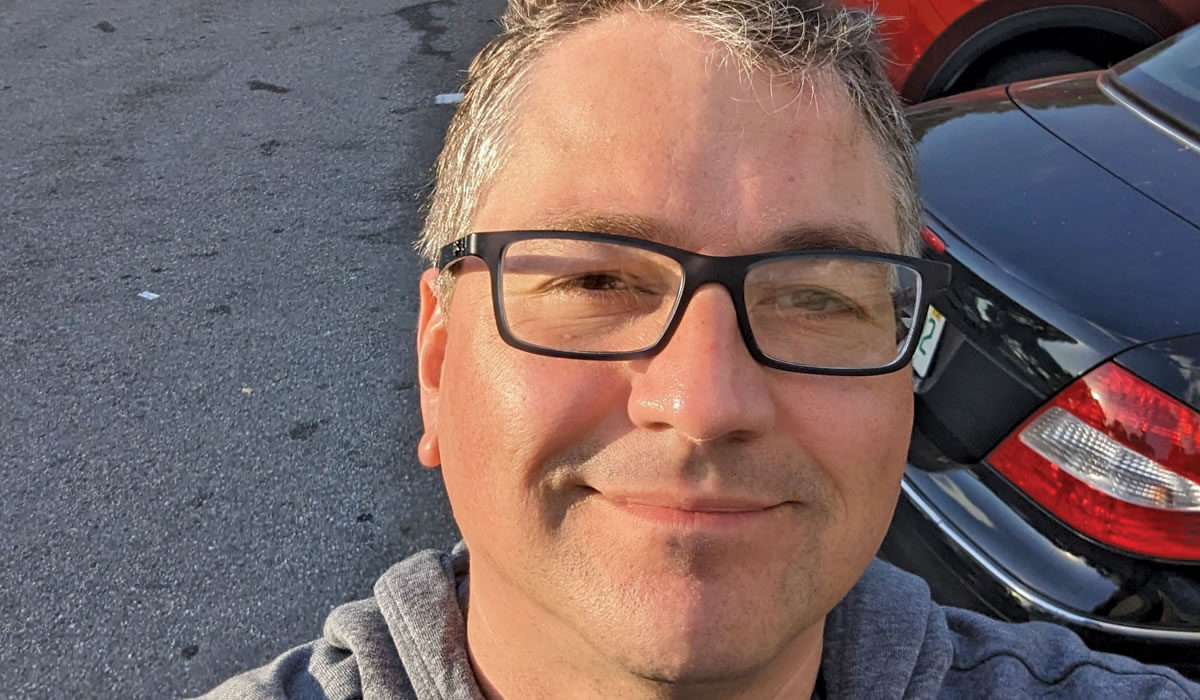“Have you tried turning it off and on again?”
Support analyst George Argiropoulos has heard every joke in the book when it comes to working in IT. In fact, he’s cracked most of them himself. His sense of humor and easygoing nature suit him well in customer-facing jobs, and he loves the sense of accomplishment that he gets when he solves a problem for someone and makes their day.
His interest in customer service started early. In grade school, Argiropoulos was a gamer and avid reader of Nintendo Power magazine, whose toll-free hotline he frequently called. “This was before the internet,” he laughs. “They had guides and would walk you through tough spots. If you were stuck in a maze, they’d stay with you until you made it.” Argiropoulos aspired to become a game counselor himself one day–until a teacher made fun of his goal.
By the time he graduated in 1999, Argiropoulos no longer knew what he wanted to do. He held a series of call center and front desk jobs, eventually finding a gig scheduling and answering phones at a methadone clinic in Lexington, Ky. As their youngest employee, he also fielded everyone’s tech questions. “I was always interested in computers, but I was too poor to have one — until I cobbled together enough hand-me-downs to build my own,” he says. Impressed with his skills, the clinic’s pharmacist encouraged him to explore them further, and the company paid for Argiropoulos to get his A+ certification for computer systems.
A year or so later, in 2005, Argiropoulos moved to St. Pete. He spent the next few years doing contract IT work for Dell, then Verizon, until Verizon instituted a new policy: All employees had to have a college degree. “ANY degree,” Argiropoulos says. “They didn’t care if it helped you do your job or not.”
Unwilling to take on debt just to jump through this new hoop, Argiropoulos left the company and joined Raymond James. For eight years, he worked ticket escalations, directly supported executives, and handled IT at the company’s many off-campus board meetings and conferences. When that work slowed dramatically during the height of the COVID-19 pandemic, Argiropoulos missed working directly with people. He left Raymond James to work for a previous supervisor at a new company.
“I’m making more money than I have ever made in my life, and I feel really comfortable,” Argiropoulos says. “I know what I’m doing, and I know how to learn new things when I don’t know how to do them. I suddenly realized that I have built a career — it’s not just a job.”
Argiropoulos considers himself lucky that he stayed in the workforce and didn’t go to college. “I’m the only member of my peer group who doesn’t have any student loan debt.” He admits to sometimes feeling a little resentment when people ask where he went to school. But unless he hits the so-called “paper ceiling” at work and can pay for the classes outright? “I won’t do it.”
Meanwhile, Argiropoulos is happy to continue earning relevant certifications, most of which his employer pays for. “They’re only a few hundred dollars — and they pay dividends,” he says. When asked why so many employers require college degrees in a field where practical experience is much more useful, he turns back to his childhood obsession.
“It’s like a video game map. Someone in HR has their map zoomed all the way out, so they can see the shape of it. But they aren’t thinking about what you actually need to play the game.”
I’m passionate about my major, computer science. Math and science have always been my best subjects ever since elementary school, and I plan to pursue a career in software development.”
Theo Alexander Fall 2023 • Freshman
Eckerd College • St. Petersburg


